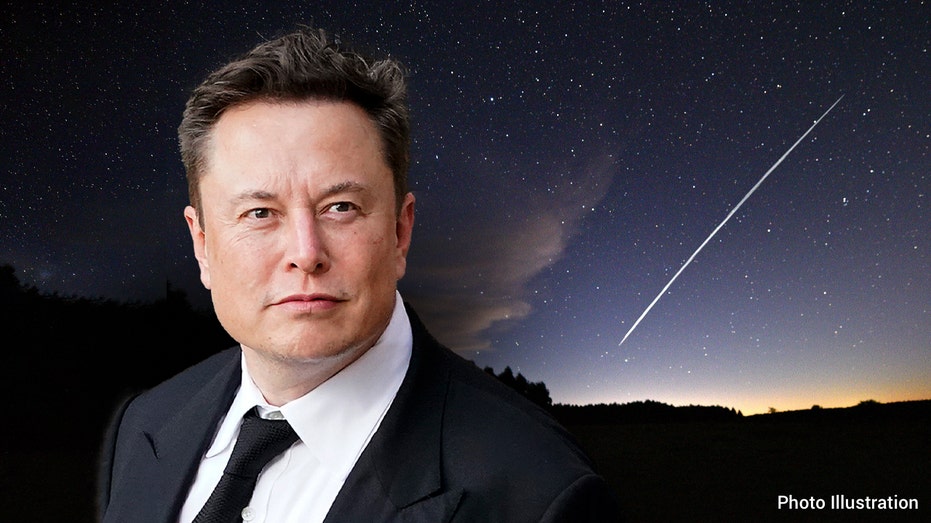Elon Musk cancels town hall with Twitter employees after declining Twitter board seat
Elon Musk cancels Q&A session with Twitter employees
Elon Musk rejects offer to join Twitter's board
Circle Squared Alternative Investments Founder Jeff Sica argues that there are 'two scenarios' that can unfold as it pertains to Twitter and Tesla CEO Elon Musk.
Tesla CEO Elon Musk canceled plans to hold a town hall with Twitter employees after announcing he wouldn't join Twitter's board of directors on Monday.
Musk became Twitter's largest shareholder when he purchased a 9.2% stake in the company last week. Musk reportedly declined the position despite hyping up his participation in the meetings on social media.
"Elon has decided not to join our board," Twitter CEO Parag Agrawal announced Sunday. "I sent a brief note to the company, sharing with you all here."
Musk was scheduled to participate in the Q&A with Twitter employees on Monday, but the event is no longer taking place since he will not be in a leading role at the company, Bloomberg reported.
Musk proposed a number of tongue-in-cheek changes to Twitter since his stock purchase last week.
He tweeted a poll Sunday morning on whether to remove the letter "W" from "Twitter." The only available responses were "Yes" and "Of course." The tweet has since been deleted, however.
Musk has also been critical of Twitter's handling of free speech on the platform.
"Given that Twitter serves as the de facto public town square, failing to adhere to free speech principles fundamentally undermines democracy," Musk tweeted March 26. "What should be done?"
"Is a new platform needed?" he tweeted later.
Many of Musk's nearly 80 million Twitter followers encouraged him at the time to buy Twitter's platform entirely, or create his own.

This long-exposure image shows a trail of a group of SpaceX's Starlink satellites passing over Uruguay as seen from the countryside some 185 km north of Montevideo near Capilla del Sauce, Florida Department, on February 7, 2021. (Photo by MARIANA SUAREZ/AFP via Getty Images / Getty Images)
GET FOX BUSINESS ON THE GO BY CLICKING HERE
Twitter has repeatedly censored conservative viewpoints in recent years. The company locked the conservative satire site The Babylon Bee out of its Twitter account for jokingly awarding Biden administration official Dr. Rachel Levine a "Man of the Year" award. Levine is a transgender woman.
Twitter also blocked the sharing of links to a New York Post article revealing the contents of a laptop belonging to Hunter Biden. While critics derided the story as Russian disinformation at the time, both the New York Times and Washington Post have since acknowledged that the story was accurate.




















